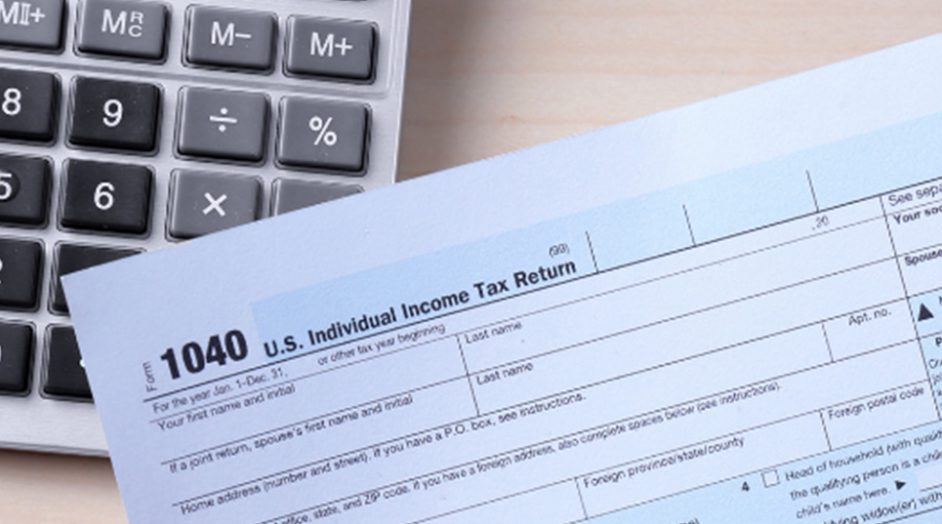Taxes are something that everyone must pay if they earn or receive income. Taxes either need to be withheld from your income or paid by means of estimated tax payments throughout the year. If this is not done as you earn or receive income, or if you do not pay enough in taxes, you may be charged a penalty and interest.
While the importance of paying taxes may be understood, it may not be clear if you are required to do so, and if you are required, when you need to pay them and how much you need to pay. Questions about estimated tax payments are not uncommon, and because of this, we outlined the top questions and answers below:
Who needs to pay estimated taxes?
If your taxes are not paid through withholding, or your withheld taxes are not enough, and you expect to owe at least $1,000 in tax for 2020, you may have to pay estimated taxes. According to the IRS, “If the amount of income tax withheld from your salary or pension is not enough, or if you receive income such as interest, dividends, alimony, self-employment income, capital gains, prizes and awards, you may have to make estimated tax payments. If you are in business for yourself, you generally need to make estimated tax payments.”
When do you need to pay estimated taxes?
If you are one of many that need to pay estimated taxes, it is important to know that the IRS requires these payments to be made quarterly. Below is the estimated tax payment schedule to follow:
- Payment 1 – April 15: Estimated taxes due for income received Jan. 1 through March 31
- Payment 2 – June 15: Estimated taxes due for income received April 1 through May 31
- Payment 3 – September 15: Estimated taxes due for income received June 1 through Aug. 31
- Payment 4 – January 15: Estimated taxes due for income received Sept. 1 through Dec. 31
If you pay your appropriate estimated tax payments by the due dates above, you will most likely avoid late payments and penalties.
How do you pay estimated taxes?
Instructions for paying estimated taxes can be found here: https://www.irs.gov/payments.
How much do you need to pay in estimated taxes?
The IRS provides a form (1040-ES) that can be used to calculate your estimated taxes for 2020. To do this, it is helpful to have a good estimate of the income and deductions you will report on your federal tax return.
Why is it important to include estimated tax expenditures as part of your financial plan?
As part of your regular financial budgeting for each year, preparing and planning for estimated tax payments should be discussed with both your tax planner or CPA and your personal financial advisor.
Not only do you want to be prepared and able to make the payments, but you want to pay them on time to avoid any monetary penalties and be sure you are on track to meeting your financial goals.
If you need help understanding your financial situation and planning for your financial future, our experienced financial advisors at Bill Few Associates can guide you. Contact us today.
Meet all of our advisors.


